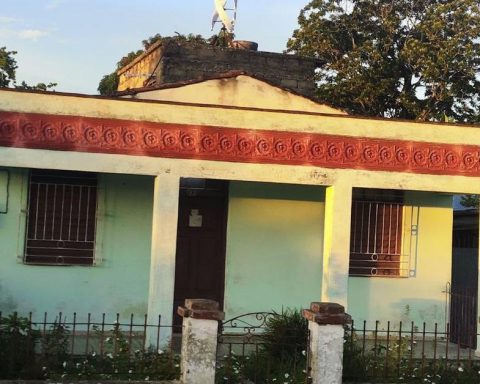The reappraisal of carnivals as “manifestations of intangible heritage is also an opportunity to promote the claim for the cultural rights of the groups or communities involved and their participation as central actors in their management,” said two researchers from the Conicet when analyzing the changing meaning of these festivities in history
the researchers Maria Luz Endere and mercedes mariano reflect on carnivals as a practice of growing importance in Argentina.
María Luz Endere, archaeologist, lawyer and CONICET researcher at the Pampas Quaternary Archaeological and Paleontological Research Institute (INCUAPA, CONICET-UNCPBA), indicated that carnival in Latin America and the Caribbean expanded with the Catholic tradition as a period of festivities and fun before the start of Lent and it incorporated elements of the pre-Hispanic and Afro-American Andean cultures.
In a statement released by the organization, Endere pointed out that “the origin of the carnival is not clear. It has been linked to pagan festivities to celebrate agricultural fertility and with ritual celebrations of different cultures, including the Roman Saturnalia, to later be incorporated by Christianity during the Middle Ages”.

However, “with the passage of time, carnivals have expanded their significance constituting spaces for multiple and diverse recreational and cultural expressions of different origins, becoming independent, at least in some cases, of Christian religious significance. Currently, its celebration has transcended cultures and borders“, held.
He recalled that in Argentina, the carnival was incorporated into the official calendar in 1956 and eliminated by the dictatorship in 1976, when its celebration was prevented by prohibiting all kinds of public demonstrations.
“This caused the interruption and invisibility of a traditional and highly popular practice,” said the researcher, while noting that in 2010 the restitution of the holiday revalued the carnival as a manifestation that encourages participation and leads to social and cultural integration.
For her part, Mercedes Mariano, anthropologist and CONICET researcher at INCUAPA, considered carnivals as a form of resistance: “Since colonial times, the festivities included imitations and mockery, usually of the authorities, constituting rituals of resistance to contradict the established order. They consisted of un brief period of freedom, a parenthesis, in the midst of the oppressions that characterized their daily life“.

And he said that “some of these practices are still valid in the representation of the ‘king momo’ that is burned at the end of the celebrations, as well as in the costumes of some comparsas, their choreography and musical themes, for example.”
The researchers conceive of carnivals as manifestations of intangible cultural heritagesince “they bring together diverse practices and representations and generate spaces where multiple manifestations such as music, dance, masks, clothing, together with knowledge, meanings and senses that strengthen the social and identity fabric of different sectors of a community” .
In this sense, Mariano stressed: “The revaluation of carnivals as manifestations of intangible heritage is also an opportunity to promote the claim of the cultural rights of the groups or communities involved and their participation as central actors in their management.”


















